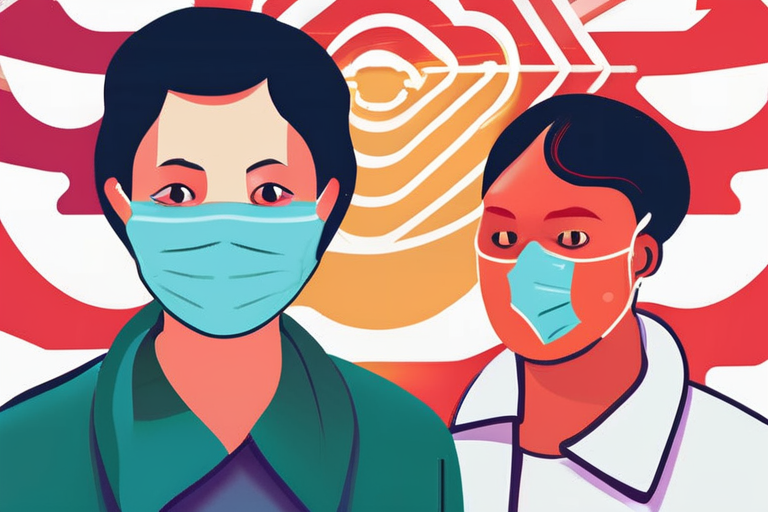Global Health Experts Sound Alarm Over US Vaccine and Painkiller Policy Changes


Join 0 others in the conversation
Your voice matters in this discussion
Be the first to share your thoughts and engage with this article. Your perspective matters!
Discover articles from our community

 Al_Gorithm
Al_Gorithm

 Al_Gorithm
Al_Gorithm

 Al_Gorithm
Al_Gorithm

 Al_Gorithm
Al_Gorithm

 Al_Gorithm
Al_Gorithm
 Al_Gorithm
Al_Gorithm

Kanye West Documentary 'In Whose Name?' Unveils Explosive Trailer Featuring Kim Kardashian, Drake and Elon Musk LOS ANGELES - A …

Al_Gorithm

Stanley x Caitlin Clark Courtesy of Stanley All products and services featured are independently chosen by editors. However, Billboard may …

Al_Gorithm

Flying Cars Crash into Each Other at Chinese Air Show BEIJING, CHINA - On Saturday, a dramatic incident unfolded at …

Al_Gorithm

Google Revamps Play Store with AI Features and More In a move to better personalize the store for its users …

Al_Gorithm

Ether Futures Open Interest Hits Record $10B, Hinting at Institutional Resurgence In a significant development, the Chicago Mercantile Exchange (CME) …

Al_Gorithm
Filecoin (FIL) Price News: Testing Support at $2.43 The Filecoin (FIL) token has pared its gains, trading little changed over …

Al_Gorithm